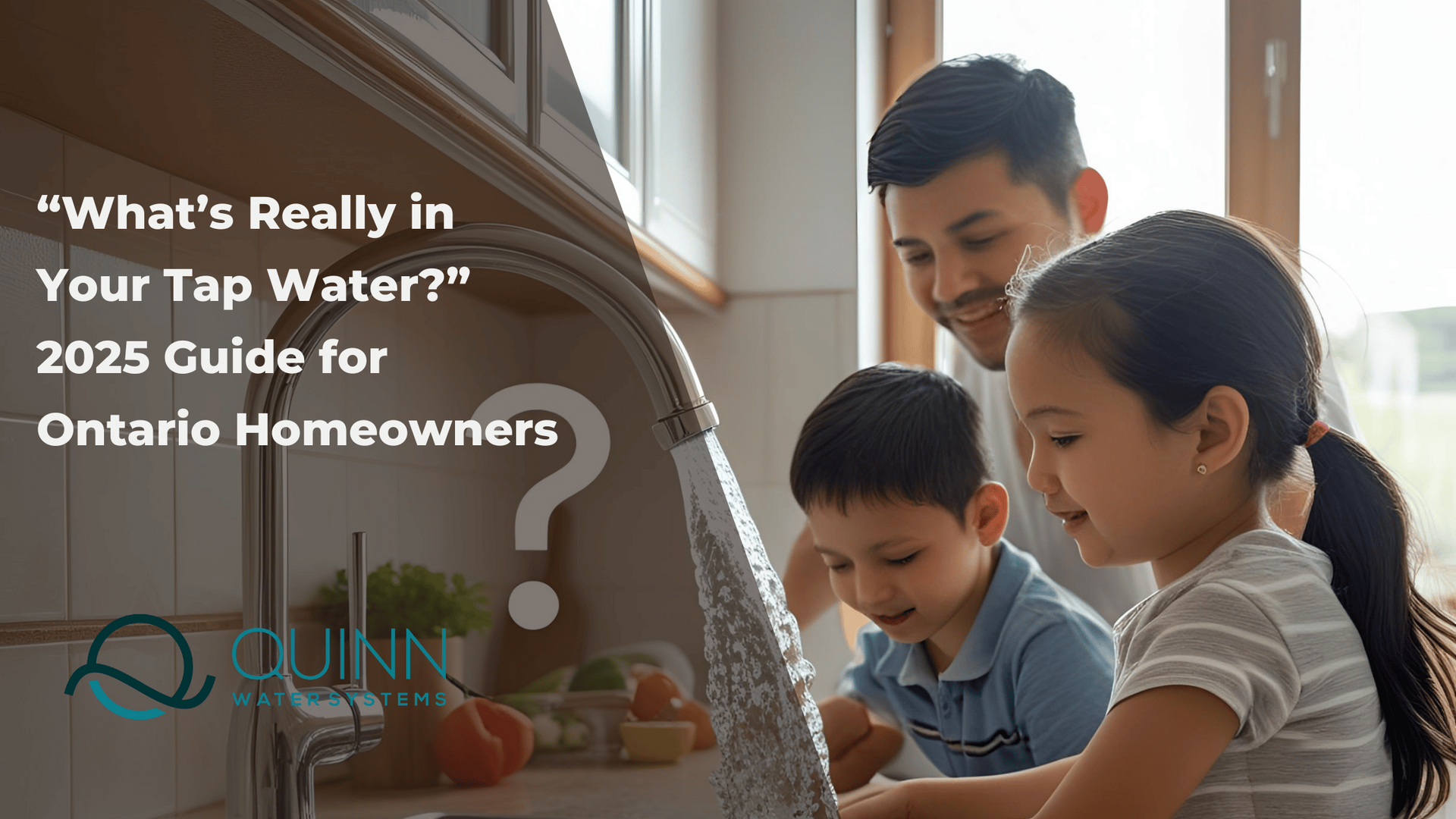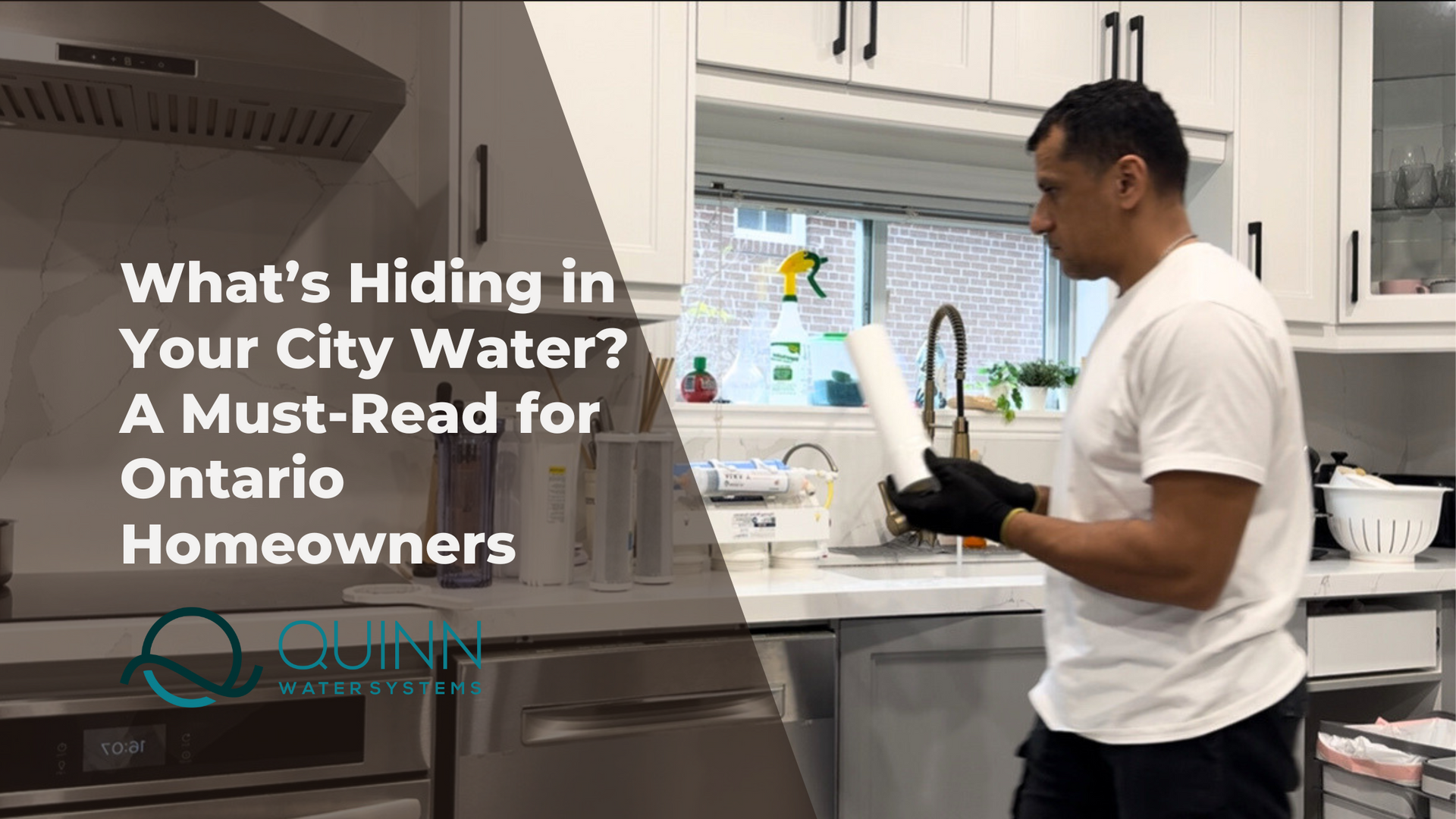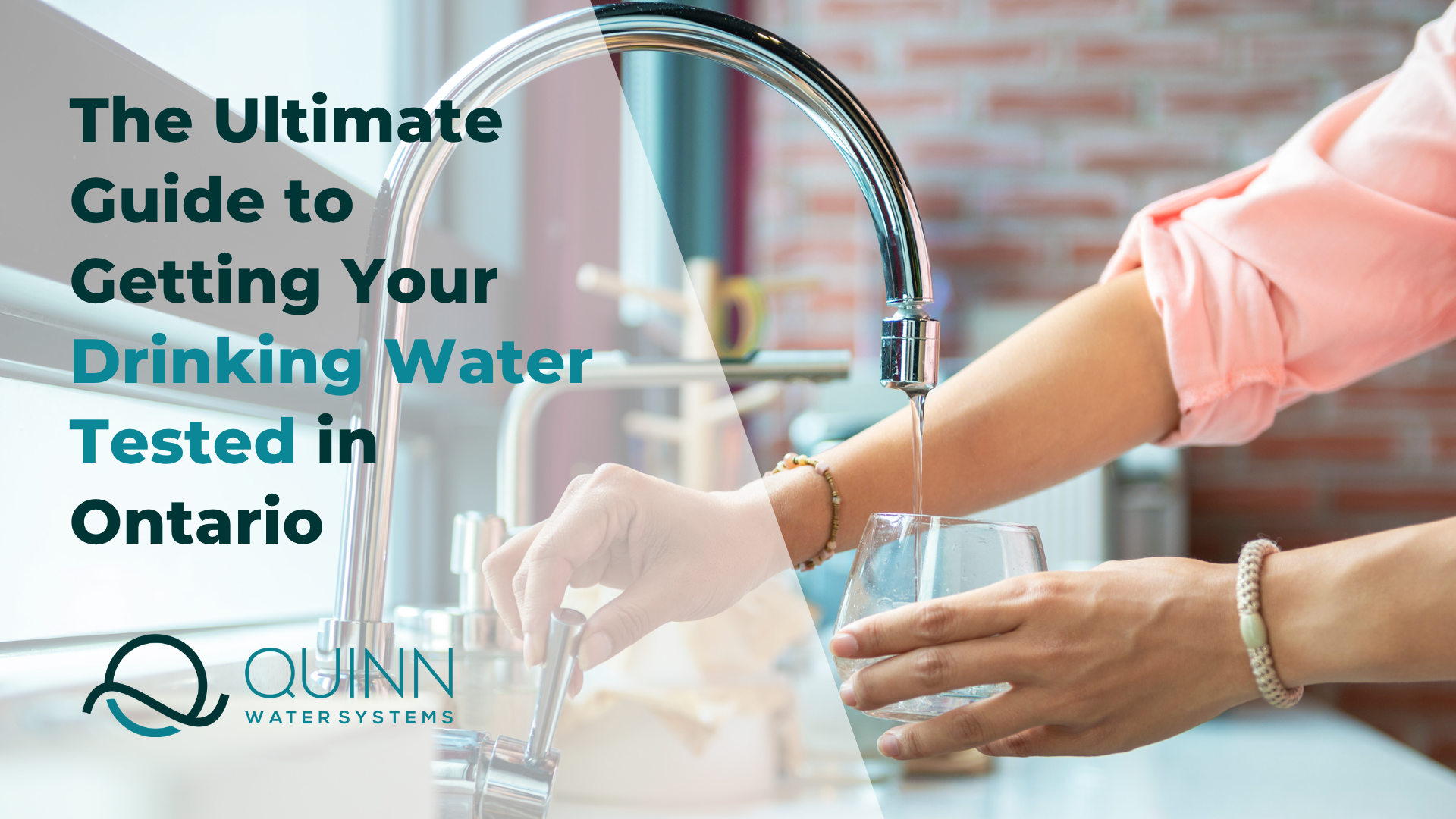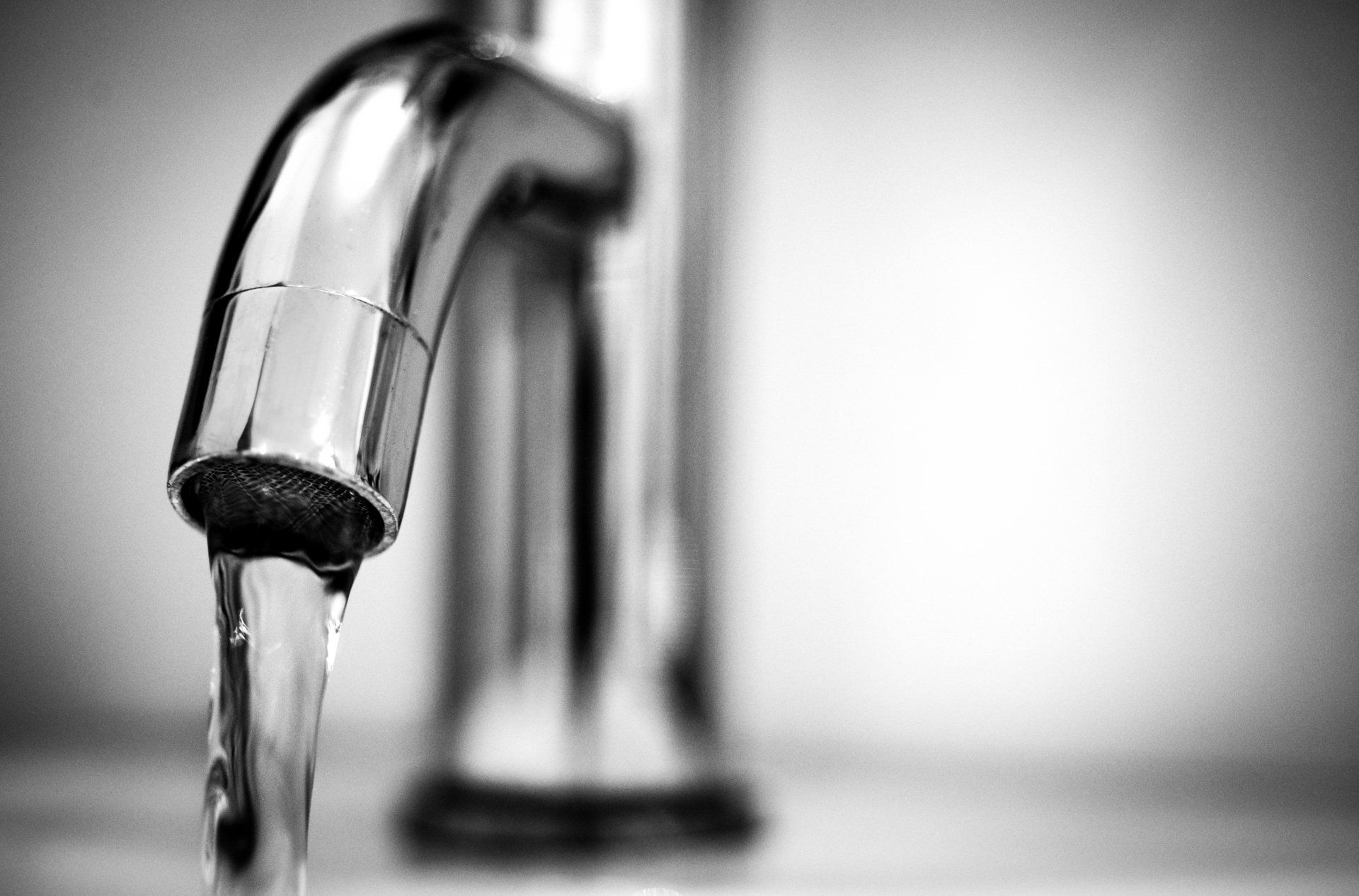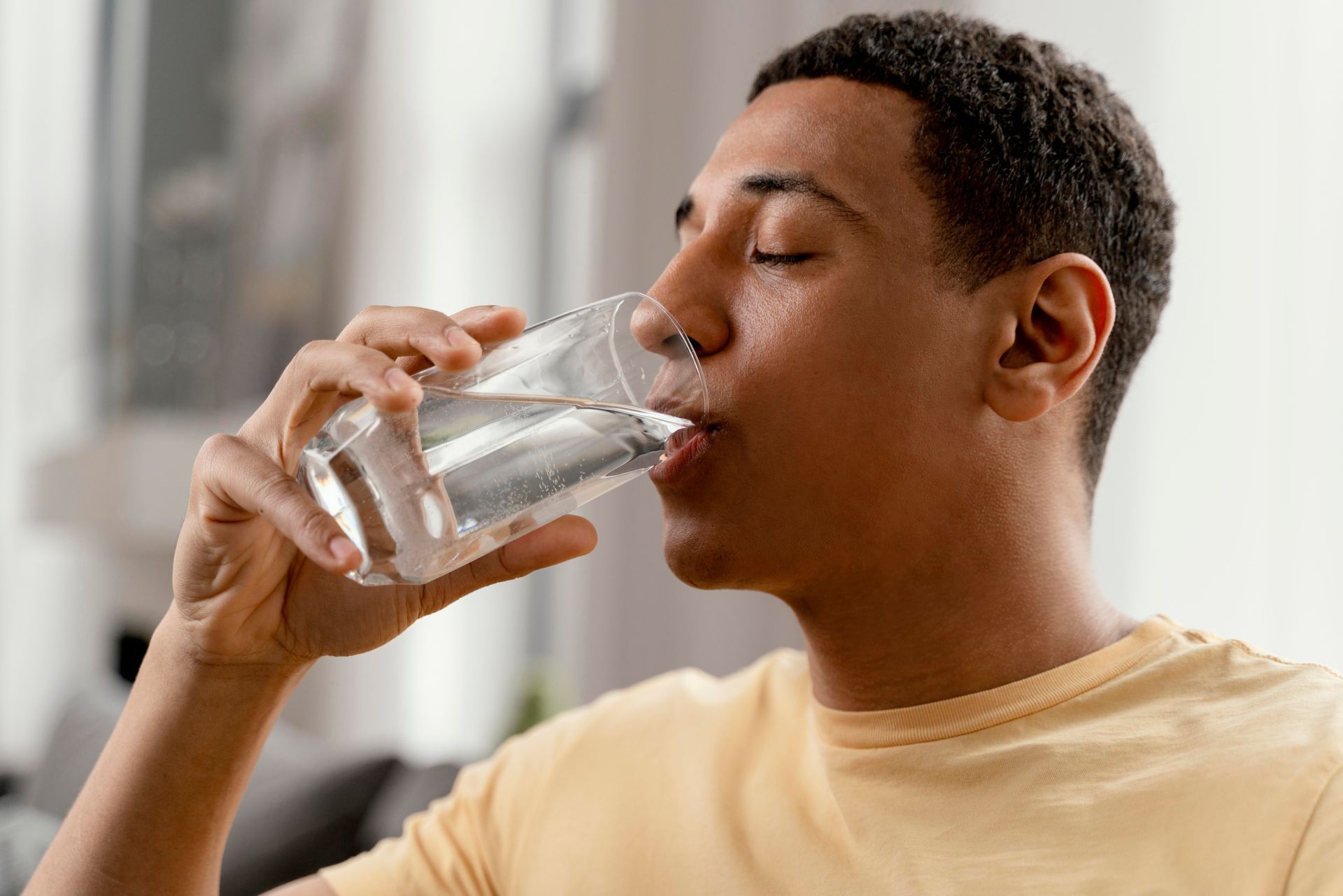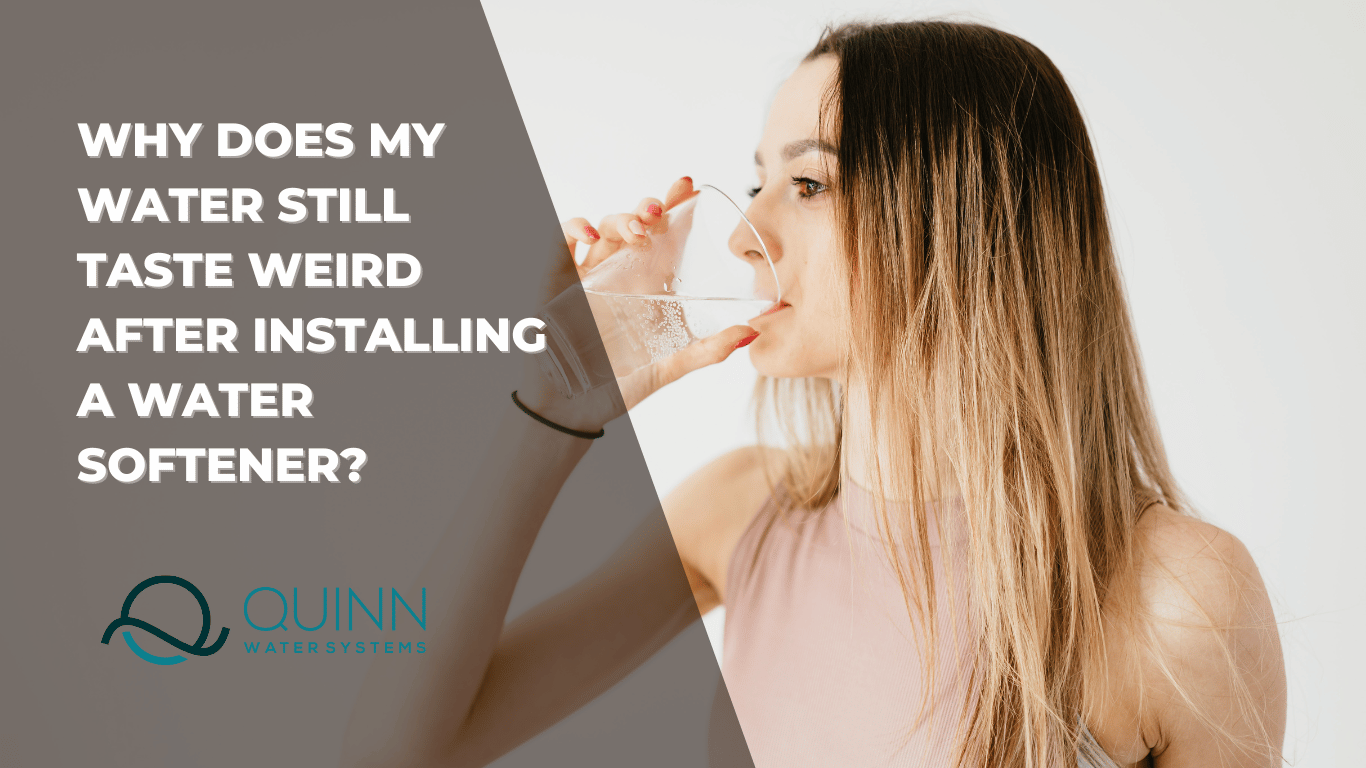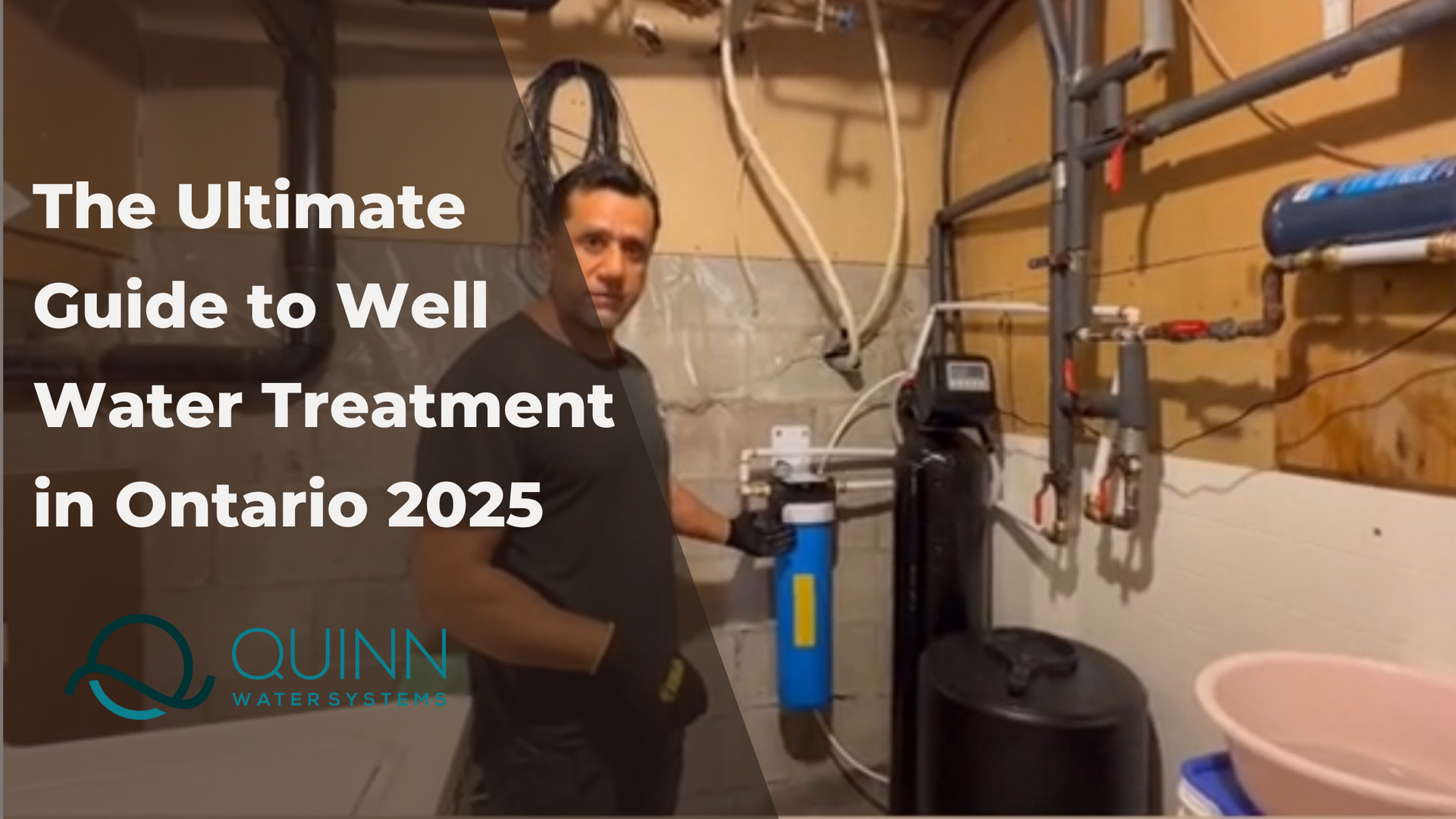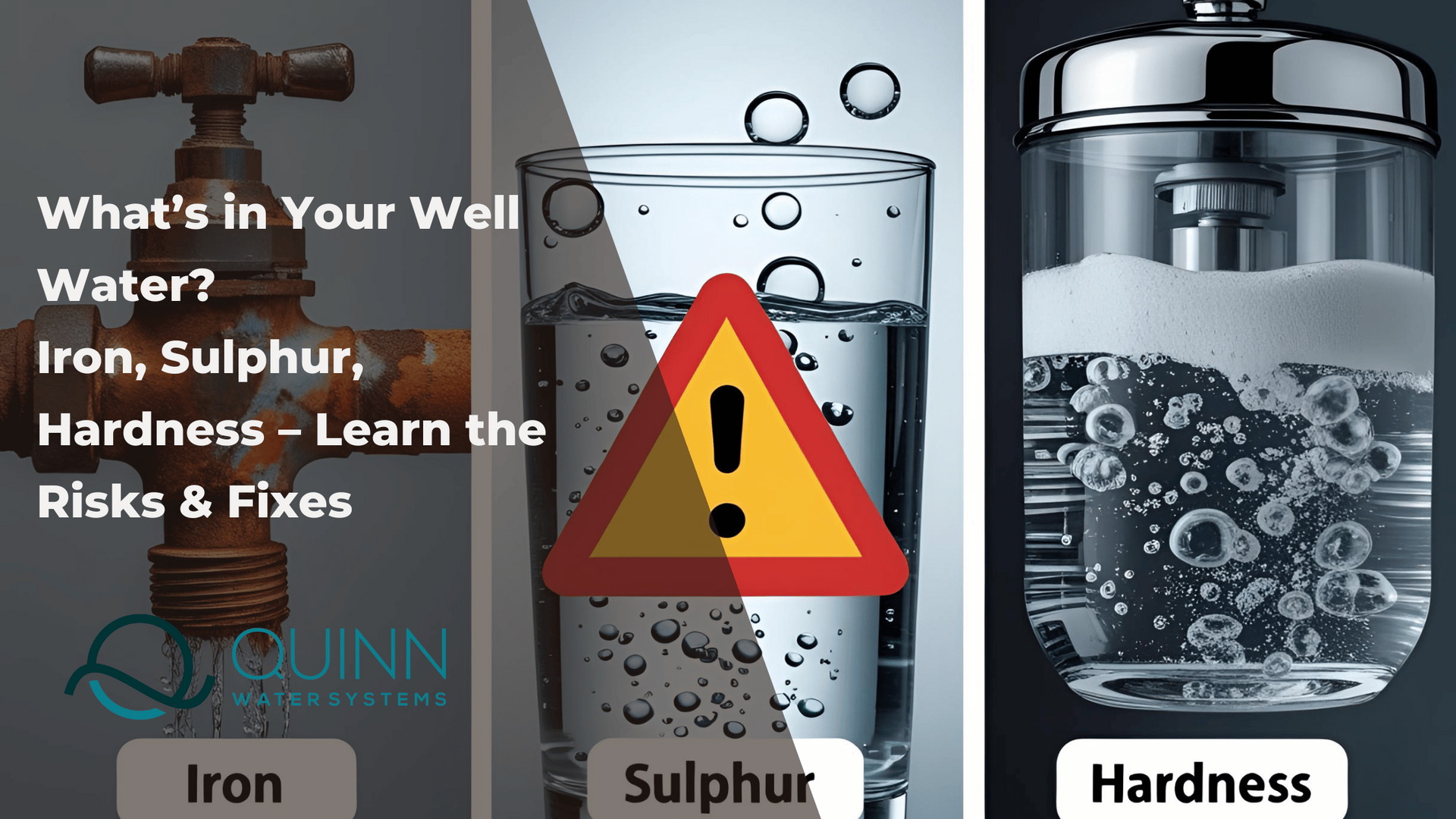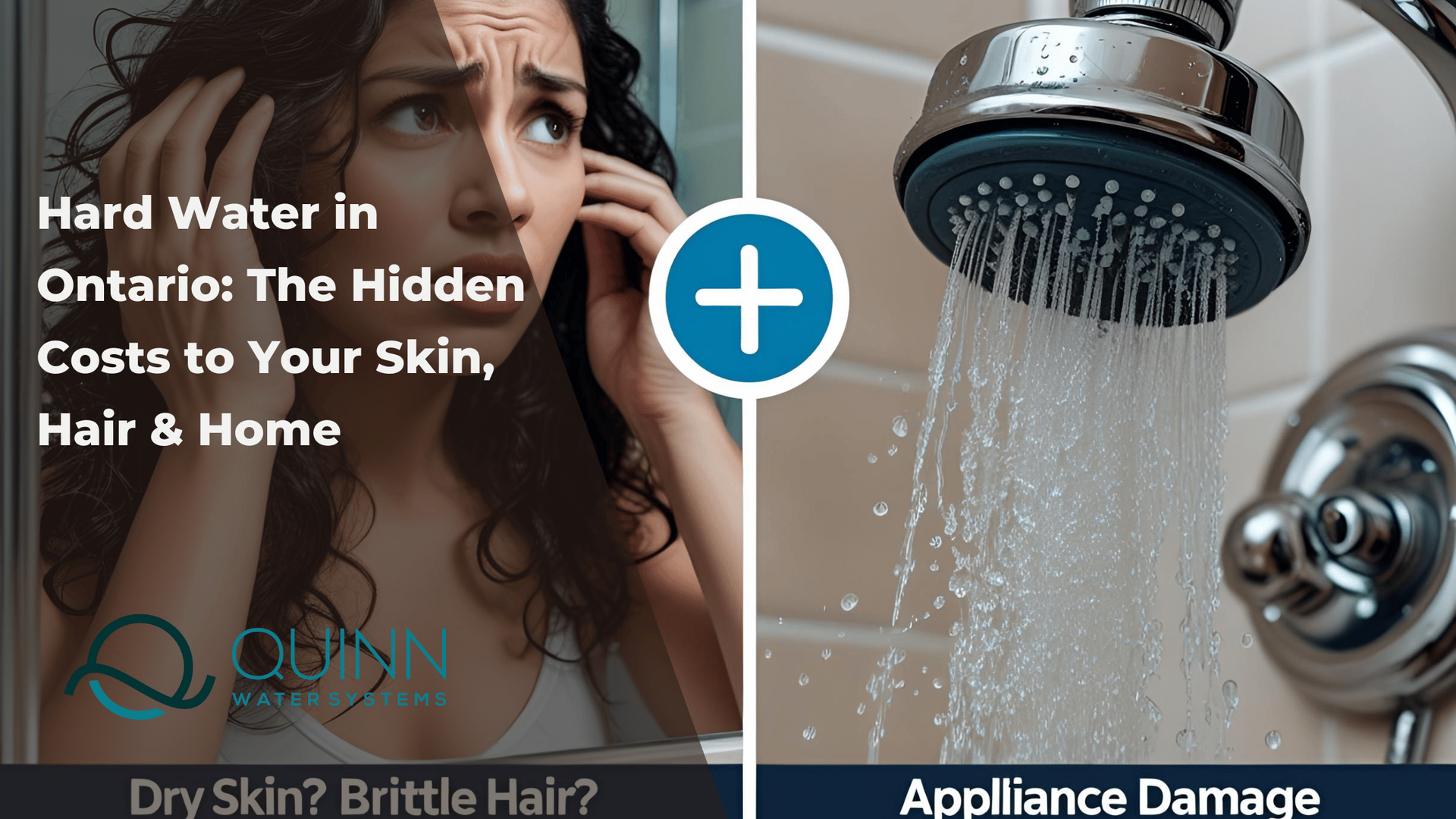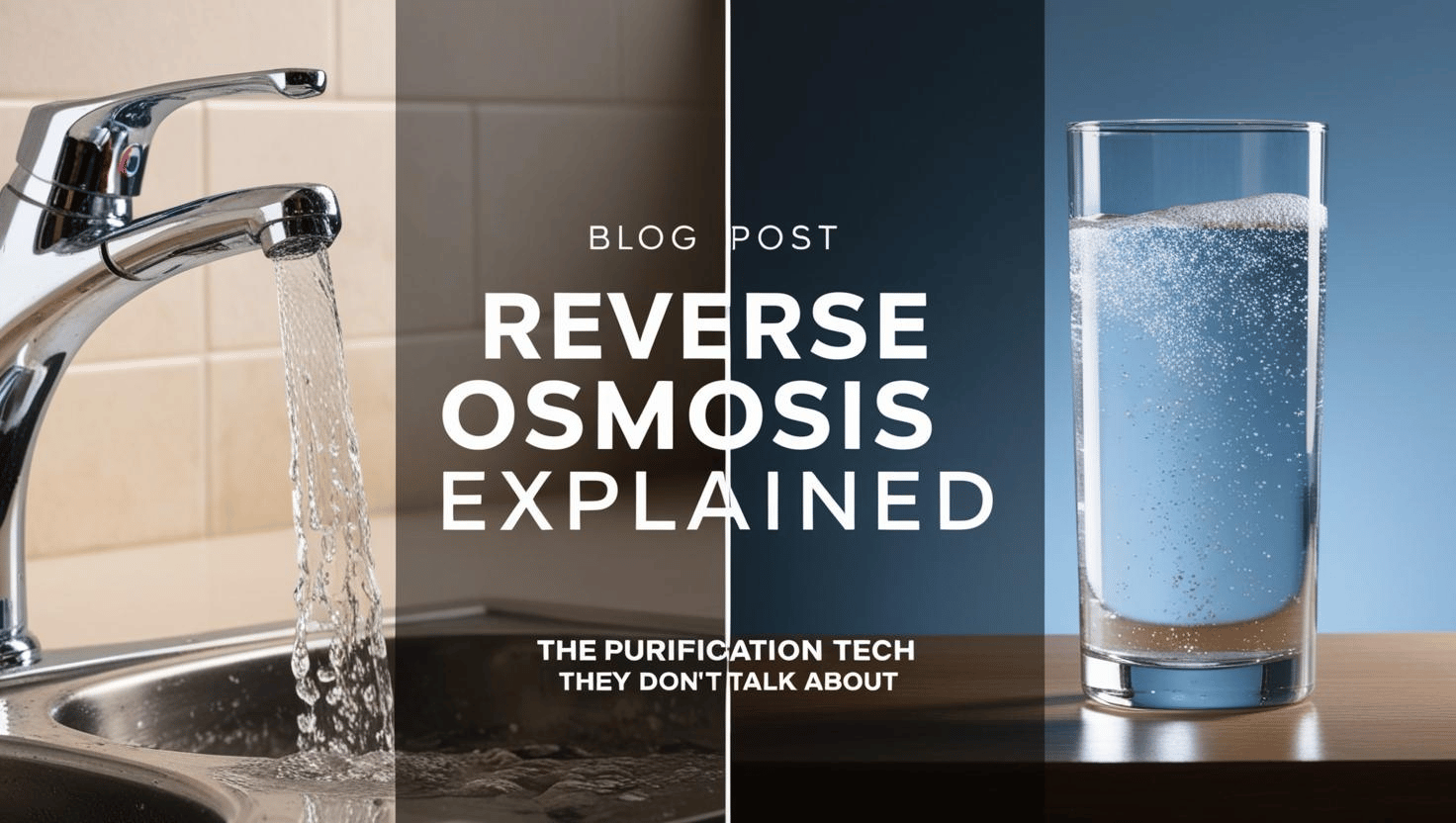How Does Water Testing Work in Ontario: Understanding the Process
In Ontario, Canada, ensuring the safety and purity of the water supply is a top priority. The province has established a comprehensive system for water testing, monitoring, and regulation to safeguard public health and the environment. In this blog post, we will delve into the intricacies of water testing in Ontario, exploring the processes, standards, and organizations involved in maintaining the highest standards of water quality. By understanding how water testing works in Ontario, you'll gain valuable insights into the measures taken to protect and ensure the availability of clean and safe water for your tap.
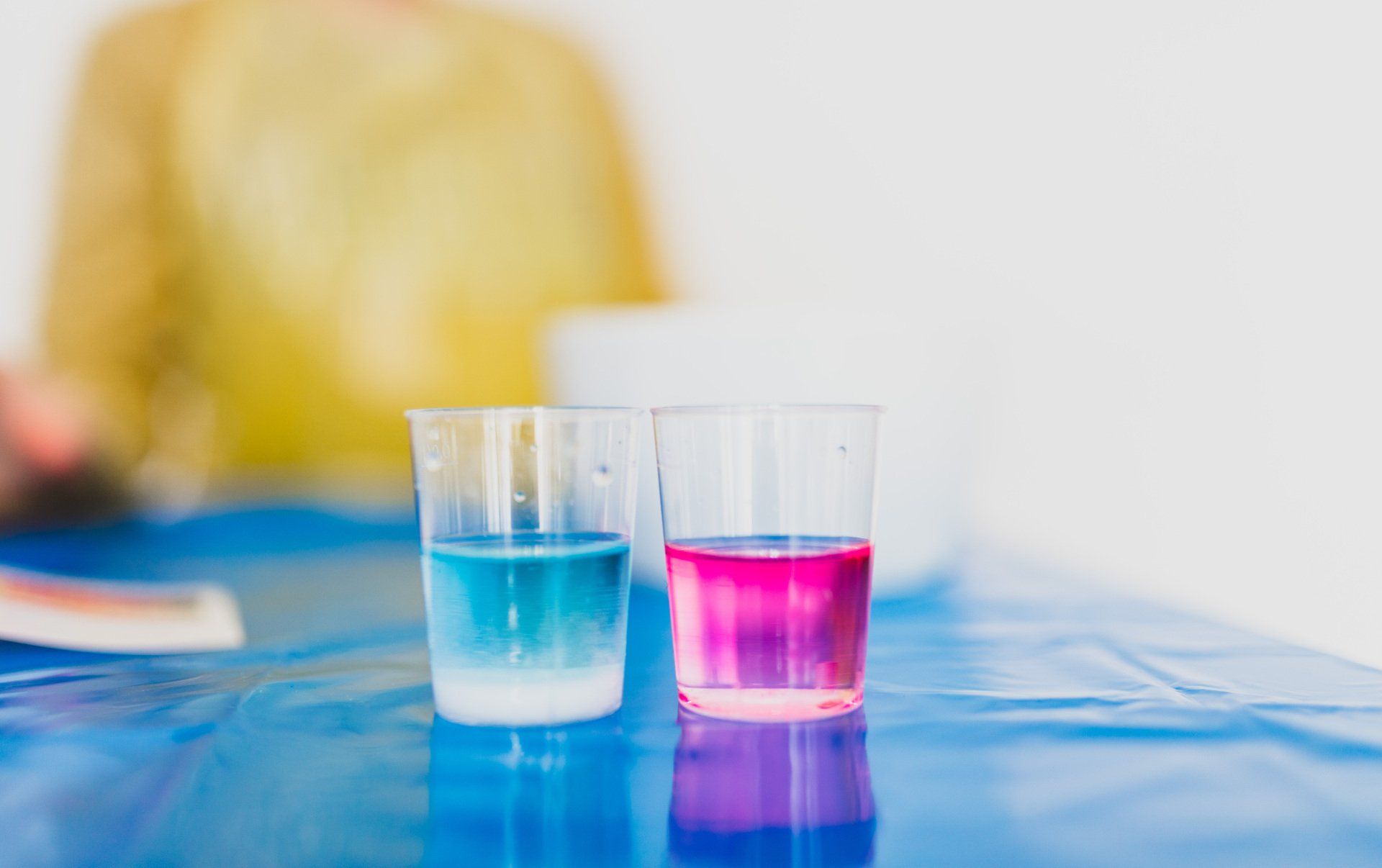
There are a lot of reasons why you should know your water .
Here’s a fun fact I discovered about an area of Guelph. There is a decent size area in Guelph,ON where the water has a significantly higher than normal PPM of lithium of 460 ppm. That is 2 to 3 times the level water hardness than the average!
PPM means parts per million and TDS means total dissolved solids. In areas of “hard” or slightly saline water, the TDS of the groundwater can be high. What determines whether it’s hard or soft is what minerals are making up the TDS. Depending on what the TDS is comprised of it could be up to 1000ppm, and still considered potable.
There are events occurring in areas of longtime heavy water drawdown is that the layer of fresh and clean water is gradually being displaced with deeper and more saline water.
If you find that you are located in an area where the water is “fresh” and the saturated thickness of the aquifer is more than 200 feet, you need to also make sure that you have the water rights for your property.
Water and mineral rights can be sold separately from the surface, and you need to know whether anyone else has either the water or mineral rightss under your property.
All things considered, The well may be the most important asset on the property and it is important to understand it.
HOW OFTEN SHOULD I TEST MY WELL WATER?
Private well water should be tested a minimum of once per year. Drinking water supplies obtained from shallow wells and surface water sources should be tested more frequently (i.e. seasonally), as they are more susceptible to contamination.
It is important to test your drinking water at the tap and at the source. Testing both will help you determine if your treatment system is performing correctly, and if the quality of your source water has changed.
HOW DOES WATER TEST WORK?
Here is a printed copy of a water test
Professional well water tests are available to help determine the health and safety of a water source, and the performance of a water treatment system. Your local lab can assist in selecting tests important for assessing your drinking water concerns.
- Basic water potability include tests for coliform bacteria, nitrates, pH, sodium, chloride, fluoride, sulphate, iron, manganese, total dissolved solids, and hardness.
- Coliform bacteria indicate the presence of microorganisms in the water that are potentially harmful to human health.
- Nitrate. A common contaminant found mainly in groundwater. High nitrate concentrations can be particularly dangerous for babies under six months, since nitrate interferes with the ability of blood to carry oxygen.
- IonsIons such as sodium, chloride, sulphate, iron, and manganese can impart objectionable taste or odor to water.
- Sulphate. Excessive amounts of sulphate can have a laxative effect or cause gastrointestinal irritation.
- Fluoride. Fluoride is an essential micro-nutrient, but excessive amounts can cause dental problems.
- Total dissolved solids represent the amount of inorganic substances (i.e. sodium, chloride, sulphate) that are dissolved in the water. High total dissolved solids (TDS) can reduce the palatability of water.
- Additional testing. Additional tests may be appropriate if a particular contaminant is suspected in the water. For instance, groundwater sources are sometimes tested for arsenic, selenium, and uranium. Both surface and groundwater sources may also be tested for pesticide contamination.
WHERE CAN I TEST MY WATER?
You don’t have to take on this water analysis on your own. The first thing I would recommend is checking in with the Region’s Water and Wastewater Department or local health department
. Usually the Public Health Units are the ones that will know the water quality
and situation a lot better than any tests you can afford will.
– Contact your local lab:
You can rinse and use a clean bottle to store a few ounces of tap water and bring it to a local labs. These lab often send test result within days. You can easily contact them through the Region’s Water and Wastewater site, they will also give you enough info about water quality in your area.
– Contact a private lab:
You can take a water sample to a private lab to have it tested for basic contaminates (usually $40 to $75) or broad spectrum contaminates which can run a few hundred dollars but they will give you a printed analysis of what they find and usually give you a recommendation of what (if anything) is needed in the way of filtration.
Contact Us
Blog Posts
Contact Us
Share this blog
Blog Posts
